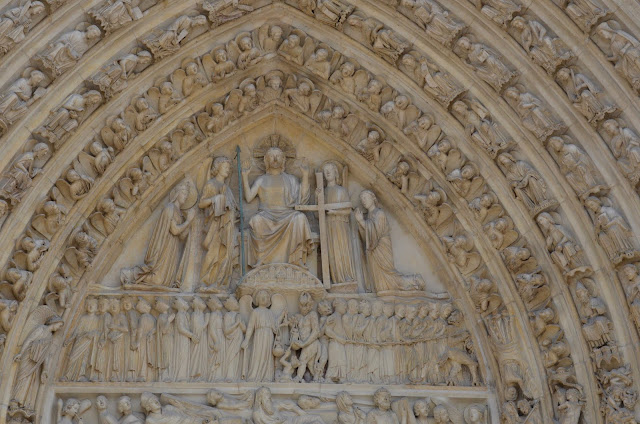1968: Confessions of a Thirteen Year Old

In 1968, I was in the 7th grade, thirteen, no longer a child but sometimes a girl thriving on drama and crazy about boys and sometimes a budding adult becoming cognizant of the bigger picture, a new citizen of the wider world.
Our family ate supper at 6 o’clock, which was also the time when Channel 5 broadcast the evening news, and my dad started leaving the TV on while we ate. There was a lot of news. The Summer of Love was over. The Tet Offensive raged in Vietnam. The President signed the Fair Housing Act. There was unrest on college campuses and in cities. Sometimes protest was peaceful, and sometimes it was violent. Sometimes it was about war, and sometimes it was about race.
The images on TV were supplemented by images in the Raleigh newspaper and in magazines like Life and Time. Men in helmets, squadrons of helicopters, fringe-wearing hippies, dogs and water canons, and people flashing the peace sign, and the first photo of the Earth rising above the moon’s surface taken from a spacecraft in orbit. Robert Kennedy lying on the floor in a hotel kitchen. Martin Luther King, Jr., lying on a hotel balcony. A line of black men walking down the sidewalk wearing signs that said I Am a Man. On their right stood soldiers toting bayonetted guns and on their left were tanks in the street.
In my small town, the local newspaper didn’t carry these kinds of photos. Instead, there were scenes from the high school football game and headshots of local politicians and beaming garden club award recipients. Once there was a picture of me when I was the diving champion at the pool. There was news, too, without pictures, news about the ongoing litigation over the court-ordered desegregation of our school system.
The writeups identified by name and address the black families that had applied for their children to attend to the white school. To my school. The school board gave out those names and addresses to be published, that was news, but what was not reported was when white people in my town went to those addresses and poured oil in their wells or fired shots into their windows or when a cross was burned in their yard in the middle of the night.
And certainly it was never published that some white boys in my brother’s class threw the books of their one black classmate - his name was Jerome - into the toilet that they had just used. It was my brother who told me that.
On April 3, 1968, the night before he was killed in Memphis, Tennessee, The Rev. Dr. Martin Luther King, Jr. gave a speech in support of the sanitation workers who were on strike in the aftermath of the deaths of two workers taking shelter in a garbage truck during a rainstorm. The sanitation workers were the ones who wore the signs that said, I Am a Man.
In his speech he called to mind the story of the Good Samaritan, who stopped to help a man who had fallen among thieves on the way to Jericho. He was left for dead on the side of the road, and a Levite and a priest passed him by. They didn’t stop to help the fallen man.
Dr. King imagined that the priest and the Levite were afraid that they might be robbed and beaten too. He imagined that they said to themselves, “If I stop to help this man, what will happen to me?” But then the Good Samaritan, a man of another tribe, a hated tribe, came by, and he reversed the question and said. “If I do not stop to help this man, what will happen to him?” And so he stopped and bound up the man’s wounds and carried him to safety.
On April 4, 1968 Dr. King’s life was ended at age 39. Our local paper was published only twice a week, so the next edition after his death is dated April 9. The headline read: Quiet returns to our community following weekend of violence, arson, and high tension. The article noted broken windows around town, two fires, and the theft of some whisky. The April 11 edition included a story reporting that despite what the courts said, the school board believed it was not responsible for the violent activities of the Ku Klux Klan against black families who had applied to white schools whose addresses were published in the paper.
I was just 13 with the world coming into focus. It made an impression on me that there were people who had to wear signs saying they were human.
Comments
In the years that followed, I thought I saw significant progress. Indeed, we have come a long way toward equality, but recent years have shown us that we still have a long, long way to go.